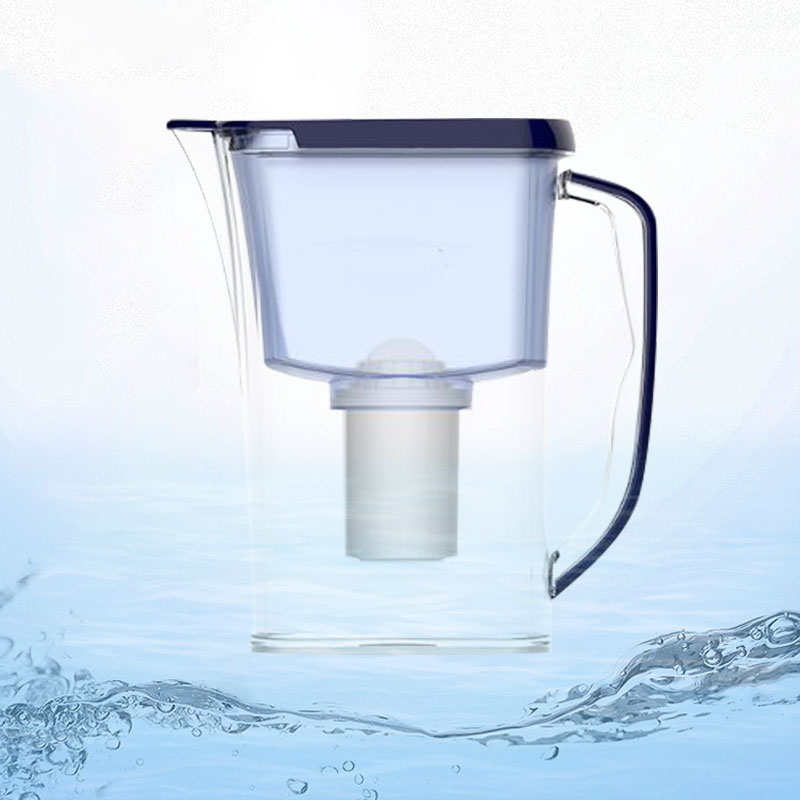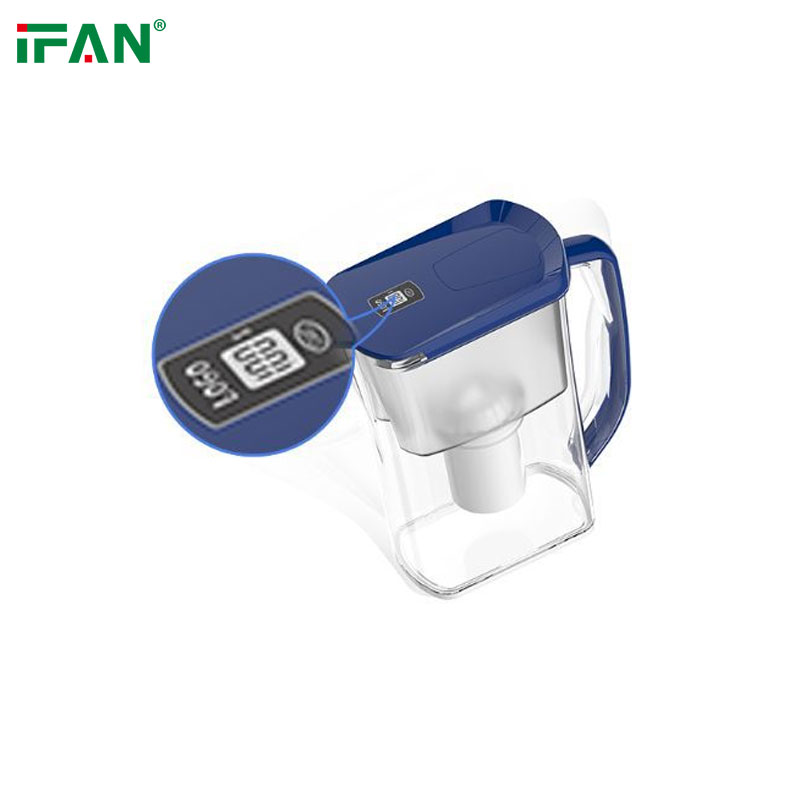Water filters are known for their ability to remove impurities, sediment, and contaminants from tap water. Kettles are essential kitchen appliances used to boil water for tea, coffee, or other hot beverages. Over time, limescale deposits accumulate on the heating element and the walls of the kettle, reducing its efficiency and affecting the taste of the water. So, can a water filter stop limescale in a kettle? In short, the answer is yes, but let’s explore this in more detail.
Before discussing how water filters can prevent limescale buildup, it is essential to understand what limescale is and how it is formed. Limescale, also known as calcium carbonate buildup, is a white, chalky substance that can build up in appliances that use hard water. Hard water contains high levels of dissolved minerals such as calcium and magnesium, which leave behind mineral deposits when boiled. These deposits can adhere to the surface of the kettle and form a layer of limescale that can reduce the flow of water and affect the heating element’s performance.

Most water filters use a variety of technologies to remove impurities, such as activated carbon, ceramic filters, and reverse osmosis membranes. These filters are designed to remove minerals, chlorine, sediment, and other contaminants from tap water, resulting in cleaner, better-tasting water. While they may not remove all dissolved minerals, some filters can reduce the concentration, resulting in less limescale buildup in appliances that use the filtered water.
One of the most effective types of water filters for reducing limescale is a reverse osmosis (RO) filter. These filters use a semi-permeable membrane to remove up to 99% of dissolved minerals and contaminants from tap water. The result is water that is almost pure, with little to no dissolved minerals that can cause limescale buildup. While RO filters can be expensive, they are ideal for people living in areas with hard water or for people who want to reduce limescale buildup in their kettle or other appliances.
Another type of water filter that can reduce limescale buildup is a water softener. Water softeners work by exchanging calcium and magnesium ions in the water for sodium ions, resulting in soft water that does not form limescale deposits. While water softeners are effective, they can be expensive to purchase and maintain, and they add sodium to the water, which may not be suitable for people on a low-sodium diet.
So, does a water filter stop limescale in a kettle? While no filter can completely eliminate limescale, using a filter can reduce the amount of dissolved minerals in tap water that lead to the buildup of limescale in a kettle. By using a water filter that removes minerals and contaminants, you can help keep your kettle clean and prevent limescale from clogging the heating element or affecting the taste of your hot drinks.
In conclusion, water filters can be helpful in reducing limescale buildup in a kettle. By removing minerals and contaminants from tap water, water filters can prevent or reduce limescale deposits that can affect the performance of your kettle and the taste of your hot drinks. While no filter can completely eliminate limescale, using a filter can help keep your kettle clean and improve the quality of your water.

